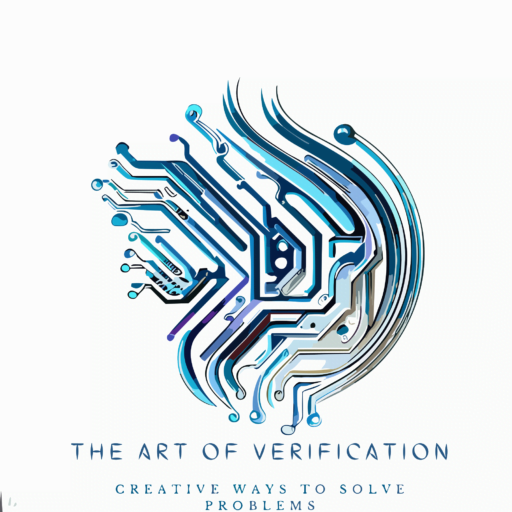Mastering the SOC Verification Flow: A Comprehensive Guide
In the intricate world of ASIC Verification, the SOC Verification Flow is a cornerstone process that necessitates both expertise and experience. Many people may not fully understand what sets a system-on-chip (SoC) apart from other semiconductor devices. Within the realm of electronic design automation (EDA), the term “SoC” is often used without a clear definition or explanation…


